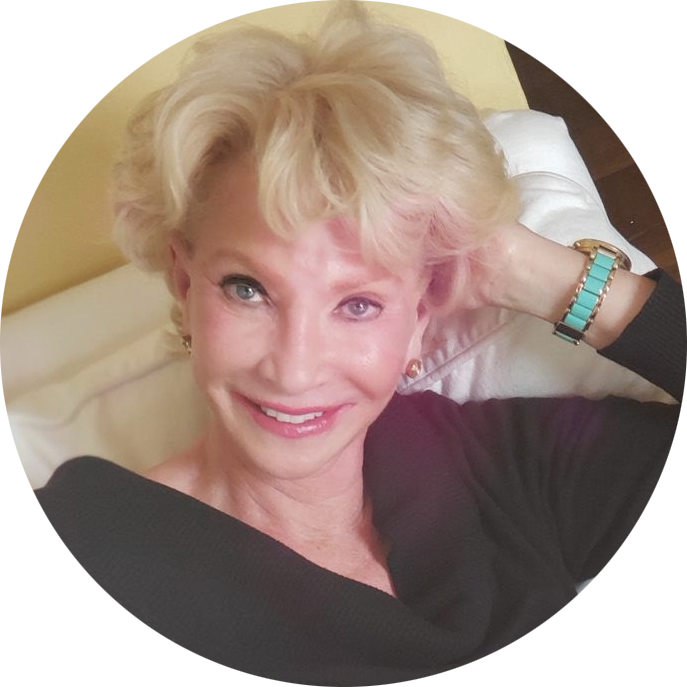Ask Beatty: Words of Wisdom from the Deathbed

Recently on my Ask Beatty Show on the Progressive Radio Network, I was discussing a number of articles about people’s last regrets — just before they take their final breaths. The articles were written by palliative care workers and oncologists. Most wished that during their lives they’d expressed more love, compassion, caring, sharing, empathy and forgiveness and often use their last days to express those feelings and words of appreciation and love to the people in their lives, according to Pulitzer Prize–winning author and oncologist Siddhartha Mukhrtjee. Others regret not doing enough for themselves, writes Bronnie Ware, author of the 2011 book The Top Five Regrets of the Dying and a former palliative care worker.
Ware paid attention to the guilt and remorse people expressed on their deathbeds and thought there was a big lesson people could learn from them. Her book details the five phrases she heard most frequently: “I wish I’d had the courage to live a life true to myself, not the life others expected of me;” “I wish I hadn’t worked so hard;” “I wish I’d had the courage to express my feelings;” “I wish I had stayed in touch with my friends;” “I wish that I had let myself be happier.”
The first regret is the one that she heard most often. When people realize that their life is almost over and look back honestly and clearly on it, it is easy to see how many dreams have gone unfilled. “Most people had not honored even half of their dreams and had to die knowing that it was due to choices they had made or not made,” said Ware.
Other common last words, according to Dr. Mukherjee, include: “I want to tell you that I love you;” “I forgive you;” “Would you tell me that you love me?” “Would you give me your forgiveness?”
In reading and rereading these articles, it was so clear that people who know they’re dying and who are in the most vulnerable stage of their life often express some variation of one or more of those four themes — indicating that they waited until it was too late to show their love, appreciation for others or right their interpersonal wrongs. Instead, they harbored grudges, lived with unresolved guilt, spent too much time working or spent years being too afraid to be vulnerable. The consequences of not learning early on what’s really important causes us remorse, stress, poor mental health and even hormonal and immune imbalances that stunt our personal and professional growth, according to neurobehavioral scientist J. Kim Penberthy.
In our fast-paced, “I want more and want it now” technological world where people spend hours and hours every day on their various devices, love, meaningful connection, remorse and forgiveness have become meaningless to many. The bigger, better, more, philosophy of life, where people’s goals and dreams and wishes are to accumulate and emulate the so-called rich and famous, unfortunately do not bring about genuine happiness. Bill Gates, founder of Microsoft, during a commencement speech at Northern Arizona University told the audience that he didn’t realize that there’s more to life than work and making money. “Don’t wait as long as I did to learn this lesson,” he said. “Take time to nurture your relationships, to celebrate your successes, recover from your losses, take a break when you need to, take it easy on the people around you when they need it and when they need you.”
Pouring time and attention into your friends and family and staying true to yourself all play a role in your overall happiness and life satisfaction. Finding a meaningful life purpose, giving back, showing gratitude, breaking old destructive, self-destructive and self-sabotaging patterns that don’t work, is what will bring you true happiness.
Actor Anthony Hopkins wrote about brutal truths of life that need to be expressed. Some of these very important truths include:
Let go of people who are not ready to love you. This is the hardest thing you’ll ever have to do in your life, and it will also be the most important.
Stop showing up for people who are not interested in your presence.
The most valuable thing you have in your life is your time and energy. Don’t waste them.
You deserve real friendships, true commitments and complete love with healthy people.
Make the decision to distance yourself from toxic people who will not give you the love, esteem, happiness and protection you deserve.
You are not responsible for saving anyone.
It’s not your job to exist for people and give them your life.
The people and things you give your time and energy to will define your existence.
For over 35 years, I have treated thousands of people from every walk of life — from the very poor immigrants living in the inner city of Montreal to the rich and famous that we all read about. Without exception, upon reflection, rich or poor, everyone sooner or later begins to realize that in the final analysis it’s really about love, connection and finding a meaningful purpose. The glitz and glamour is great for a night or two. However, it will never replace or be a substitute for what’s really important.
Let’s all pause for a moment and take in Bronnie Ware’s important message: “Life is a choice. Choose consciously, choose wisely, choose honesty, choose happiness.”

Beatty Cohan, MSW, LCSW, AASECT is a nationally recognized psychotherapist, sex therapist, author of For Better for Worse Forever: Discover the Path to Lasting Love, national speaker, national radio and television expert guest and host of the weekly “Ask Beatty Show” on the Progressive Radio Network. She has a private practice in NYC and East Hampton.
Beatty would love to hear from you. You can send your questions and comments to her at BeattyCohan.msw@gmail.com. For more info, go to beattycohan.com.</em



